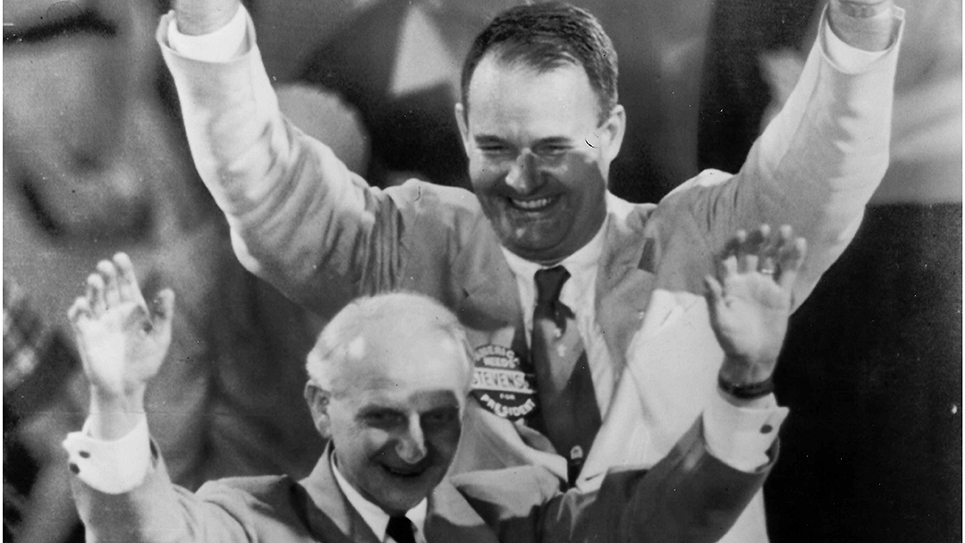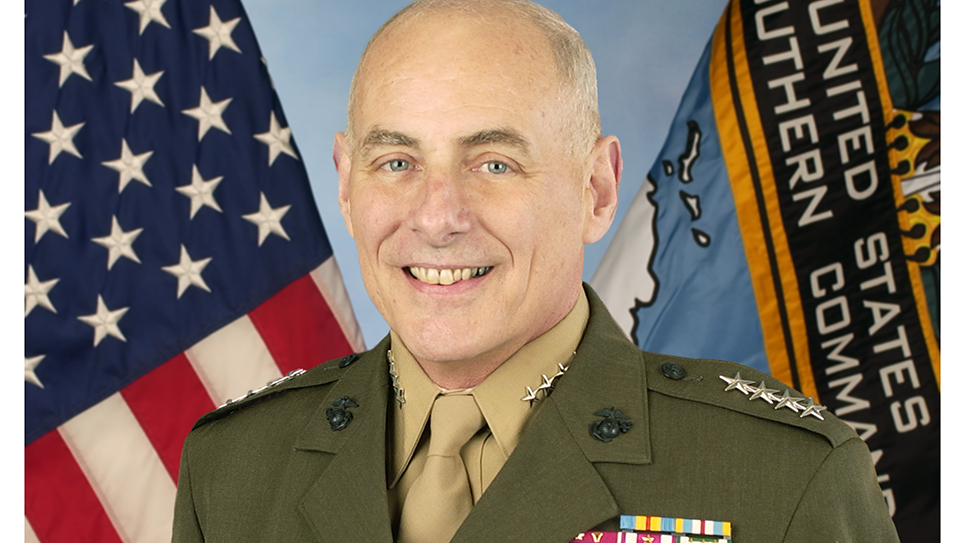Never have so few done so much harm to so many.
Greg Gutfeld
The British statesman Winston Churchill was a master of the turn of phrase, defined as the wording of thoughts in a distinctive, artful or memorable way. In a famous WWII speech, Churchill thanked the Royal Air Force for their defense of England against the German air blitz during the summer and fall of 1940. He said, “Never in the field of human conflict was so much owed by so many to so few.”
Greg Gutfield is no statesman. He is a talk show host, but with a Churchillian turn of phrase, he captures the destruction wrought by Democrat-progressive wokesters.
If you haven’t voted by the time you read this, it may be too late for our country. Every election is important, but this November 8th, as my good friend and fellow columnist Jimmy Duncan said last week, is a “watershed” event. If the Democrats are not removed from power, we are done.
Early political polls are often misleading and have been demonstrably inaccurate. However, in order to remain relevant, pollsters closer to elections present more reliable results. The recent Hill-HarrisX poll caught my attention. This poll of almost 1000 registered voters found that one-third identified themselves as “woke,” defined as awareness of systemic injustices like racism. Wokesters see everything through the lens of racism.
The elite media, Tech-Lords and the Democrats portray the country as woke, when in reality I believe wokesters are a minority. Unfortunately, the elite media cabal have big mouths and a bully pulpit and are able to manipulate the disengaged and uninformed. Actually, I am “woke” to their destructive, anti-American bilge. And I pray that the relatively “silent majority” will say “Enough!” and give Democrats pink slips on November 8.
Keeping up with news and politics is important, but is not all I read. Actually, I like to read several books at the same time, and I make it a point to try unfamiliar genres and especially authors which are new to me. Likewise, in raising our daughters the household rule was you must try new foods. Then, if you didn’t like Brussels sprouts you could join your father in his disgust of the nasty, little cabbages. I once felt I needed to finish the books I started. No more. Life is too short for poor prose or vapid storytelling. (I challenge you to perhaps read outside your comfort zone and try my novel, “Mantis!”)
One of the books I’m now reading is “Irresistible” by Andy Stanley. As I’ve gotten older, I read more Christian apologetics. I was unfamiliar with Andy Stanley, an author, a Christian minister and son of perhaps the more recognized Charles Stanley. The prose is good and the message is “irresistible.” And it emphasizes my point: you should try new authors.
Neither Socrates nor Jesus wrote anything. We know of Socrates from the writing of his student, Plato. And we know of Jesus from the inspired writers of the Gospel. Matthew and John were part of Jesus’ inner circle and were eyewitnesses to his ministry. And perhaps Mark was in the Master’s entourage, although not a Disciple. We also know of Jesus through other New Testament writers, especially Paul, who met Jesus only once and briefly.
One of my axioms is that you do not “know” a writer until you have read their work which is a reflection of their soul. So how do we know of Jesus who lived 2000 years ago and never penned a word? We know him by the lives he has transformed and vicariously through the eyes of writers. It may be a silly example, but I have never been to Hong Kong, yet I believe it exists. I know of Hong Kong through the eyes of others.
Materialism is a philosophical concept that is built on observational reality. A materialist might argue that if something can be seen or defined, it exists. And if something cannot be measured, to a materialist, it does not exist. By definition, something supernatural is beyond the natural world. So, to a materialist or naturalist, the supernatural is beyond their reality.
I have lived long enough to realize that I don’t know everything, nor can I know everything. To say something doesn’t exist because I can’t observe or comprehend something is ridiculous. Actually, it is hubris, arrogant pride.
I have often wondered how people are chosen or come to be leaders. Why was Abraham chosen by God? Perhaps he was someone who answered the call. Why were the Hebrews the chosen people? Perhaps God needed a foundational group. The apostle Paul was uniquely qualified to “market” the Good News throughout the ancient world. He was a Hebrew’s Hebrew, educated when most were not and he was a Pharisee. He was also a Roman citizen and no shoddy philosopher. In a beautiful turn of phrase he observed, “we see dimly in a mirror” (they had pretty crummy mirrors then) and “I know in part; then I shall know fully…” (I Corinthians 13:12).
As a writer and a Christian, I hope to someday meet Brother Paul, just as Socrates looked forward to meeting Homer, the writer of the Iliad. I am blessed by Jesus’ stories like The Sower and The Prodigal Son recorded by the Gospelers. And Paul’s inspired interpretations of “the way, the truth and the life” provide me with foundational precepts more reliable and meaningful than those of media rockstar and self-described agnostic, astrophysicist Neil deGrasse Tyson.
Jesus told stories that were understood by his audience. You would not try explaining that the sun shines by stellar fusion of hydrogen to a largely illiterate and agrarian society. And today we know much more than we used to, but we still “see in part.” And it is foolish to discount things beyond the currently observable horizon of the natural world.
The scientific method is an appropriate discipline to explore the world. But so is spirituality, which uniquely affords us a sense of purpose. Both disciplines offer foundational constructs more meaningful than politics. Jesus told a story of houses built on rock rather than sand (Matthew 7). Even a physicist would recognize that as more than metaphorical wisdom.






